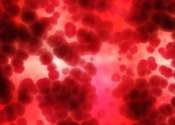Differences in COVID antibody responses emerge
Hope for a future without fear of COVID-19 comes down to circulating antibodies and memory B cells. Unlike circulating antibodies, which peak soon after vaccination or infection only to fade a few months later, memory B cells ...
Aug 24, 2021
0
1941









